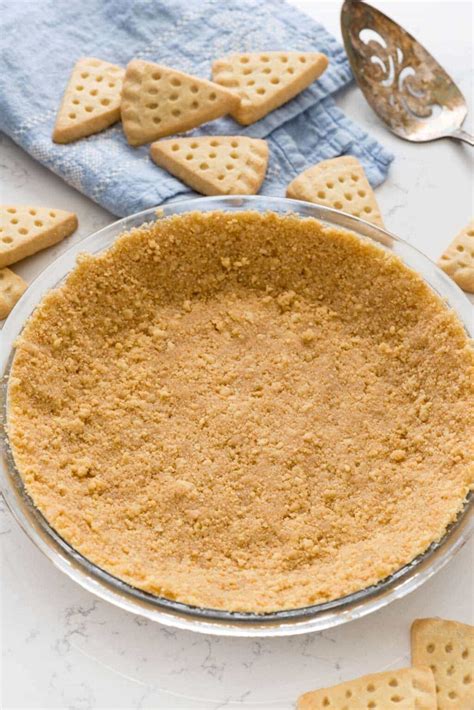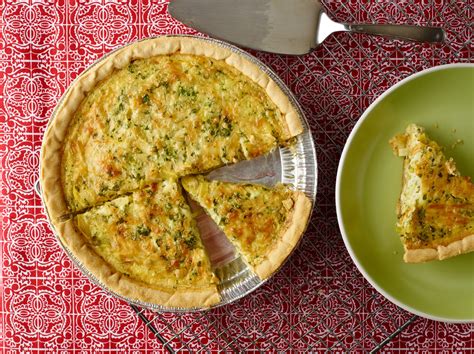Discover the rich flavors of Djibouti cuisine, key ingredients, popular dishes, modern twists, and cooking tips for authentic recipes. Uncover the c
Introduction to Djibouti Cuisine
Contents
Djibouti cuisine is a unique blend of Middle Eastern, African, and French influences, resulting in a diverse and flavorful culinary tradition. With its proximity to the Red Sea and the Gulf of Aden, seafood plays a prominent role in traditional Djiboutian dishes, infusing them with a distinct coastal flavor. The nation’s cuisine is also characterized by the use of aromatic spices, such as cardamom, cumin, and coriander, adding depth and complexity to the flavors of the food.
In addition to seafood, Djibouti cuisine features a variety of meats, including lamb, goat, and camel, reflecting the nomadic heritage of the country. These meats are often prepared using traditional cooking methods, such as slow roasting over open flames or in earth ovens, resulting in tender and succulent dishes that are a delight to the senses.
One of the most beloved staples of Djiboutian cuisine is injera, a spongy flatbread that serves as a versatile accompaniment to various dishes. It is commonly used to scoop up stews and sauces, adding a unique texture and flavor to the meal. In addition to injera, rice and couscous are also commonly consumed in Djibouti, providing a satisfying base for the rich and flavorful dishes of the region.
Overall, Djibouti cuisine offers a sensory experience that is both diverse and delightful, incorporating a wide range of flavors and ingredients to create a culinary tradition that is truly one-of-a-kind.
Key Ingredients in Djibouti Recipes
Key Ingredients in Djibouti Recipes
Key Ingredients in Djibouti Recipes
Djibouti cuisine is rich in flavors and unique ingredients that make it stand out in the culinary world. The key ingredients used in Djibouti recipes are what gives the dishes their distinctive taste and aroma.
Seafood: Djibouti is a coastal country, and it’s no surprise that seafood plays a prominent role in its cuisine. Fish, lobster, shrimp, and other fresh seafood are essential ingredients in many traditional Djiboutian dishes.
Spices: The use of spices is a defining feature of Djibouti cuisine. Popular spices such as coriander, cumin, cardamom, and cloves are used to add depth and complexity to the flavors of the dishes.
Teff: Teff is a tiny grain that is a staple in Djibouti recipes. It is used to make a type of bread called ‘injera,’ which is served with stews and other traditional dishes.
Ghee: Ghee, or clarified butter, is commonly used for cooking in Djibouti. It adds a rich and nutty flavor to the dishes and is an essential ingredient in many recipes.
Popular Traditional Djibouti Dishes
Djibouti cuisine is a reflection of the country’s rich history and cultural influences. Traditional Djiboutian dishes are a blend of Somali, Afar, Yemeni, and French culinary traditions, resulting in unique and flavorful recipes that have been passed down through generations.
One of the most popular traditional dishes in Djibouti is Skoudehkaris, a flavorful rice and meat dish that is often served during special occasions such as weddings and religious holidays. The dish is typically made with basmati rice, tender pieces of lamb or goat, and a blend of aromatic spices such as cumin, cardamom, and turmeric.
Another beloved Djiboutian dish is Canjeero, a type of savory pancake that is similar to the Ethiopian injera. Made from teff flour, water, and yeast, canjeero is a staple in Djibouti cuisine and is commonly served with a variety of stews and sauces, such as the spicy meat stew known as Maraq.
Skoudekharis and Canjeero are just a few examples of the many delicious traditional dishes that make up Djibouti cuisine. These dishes highlight the country’s diverse flavors and culinary traditions, making them a must-try for anyone interested in experiencing the rich and vibrant food culture of Djibouti.
Modern Twists on Classic Djibouti Recipes
When it comes to traditional Djiboutian cuisine, there are certain classic recipes that have been enjoyed for generations. However, as with any culinary tradition, these dishes can evolve and take on new and exciting flavors. Modern twists on classic Djibouti recipes offer a fresh perspective on familiar flavors, combining traditional ingredients with contemporary cooking techniques to create innovative and delicious dishes.
One popular modern twist on a classic Djibouti recipe is the use of spices and seasonings to add layers of flavor to traditional dishes. For example, the classic Djiboutian lamb stew, known as skoudehkaris, can be enhanced with a blend of cumin, coriander, and cardamom to create a more complex and aromatic flavor profile.
Another modern twist on classic Djibouti recipes is the incorporation of global influences and ingredients. For instance, the traditional Djiboutian flatbread, lahoh, can be infused with Indian spices and served with a zesty yogurt dipping sauce, creating a fusion of Djiboutian and Indian flavors.
Furthermore, modern chefs are also experimenting with new cooking techniques to put a contemporary spin on classic Djibouti recipes. For example, traditional Djiboutian seafood dishes, such as bajiyoo (spiced fish), can be prepared using sous vide or grilled with a citrus marinade to highlight the natural flavors of the fish in a new and exciting way.
Overall, modern twists on classic Djibouti recipes are a testament to the adaptability and creativity of Djiboutian cuisine. By embracing new flavors, ingredients, and techniques, chefs are able to honor the heritage of traditional dishes while introducing innovative and exciting variations that are sure to delight the senses.
Tips for Cooking Authentic Djibouti Cuisine
Cooking authentic Djibouti cuisine can be a rewarding experience, allowing you to explore the unique flavors and ingredients of this East African country. Whether you are a seasoned cook or a beginner in the kitchen, there are a few tips to keep in mind when preparing traditional Djibouti dishes.
First and foremost, it is important to source the right ingredients for your Djiboutian recipes. Look for specialty African grocers or markets in your area, where you can find key components such as injera bread, berbere spice blend, and tej honey wine. Using authentic ingredients will ensure that your dishes have the true flavors of Djibouti.
Next, take the time to understand the cooking techniques used in Djiboutian cuisine. Many dishes are slow-cooked or simmered over low heat to allow the flavors to develop fully. Pay attention to traditional methods of marinating or seasoning meats and vegetables, as this will have a big impact on the overall taste of your dishes.
When preparing Djibouti cuisine, it’s also important to embrace the regional diversity of the country. Djibouti’s cuisine is influenced by the diverse ethnic groups and cultures that call the country home, so don’t be afraid to experiment with different regional variations of classic dishes.
Finally, don’t be afraid to put your own twist on classic Djibouti recipes. While authenticity is important, adding your own personal touch or modernizing traditional dishes can lead to delicious results. Just be sure to respect the core flavors and ingredients of the original recipes.













